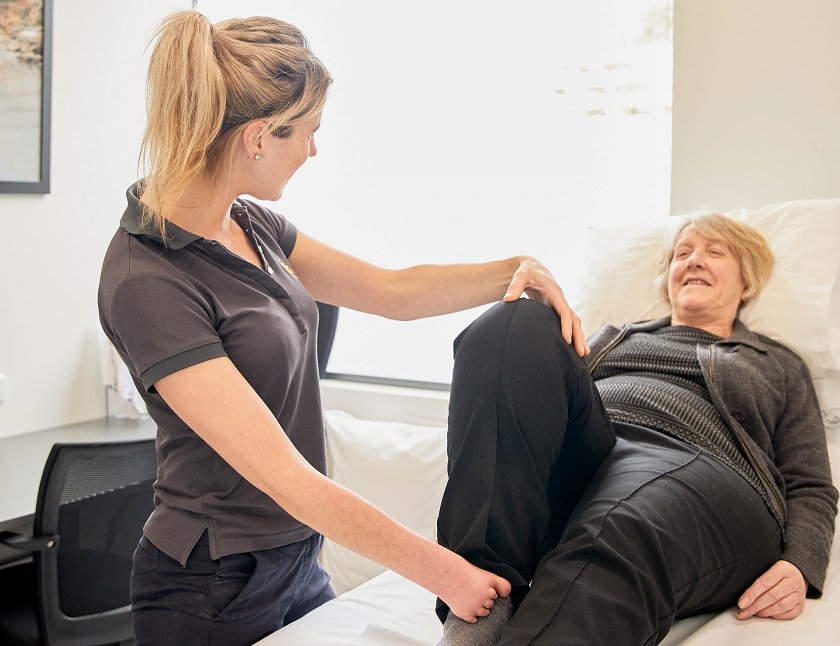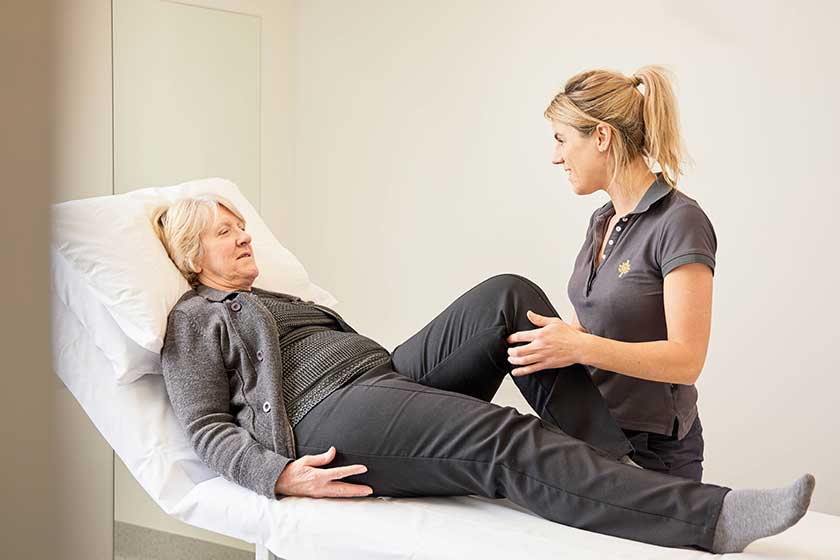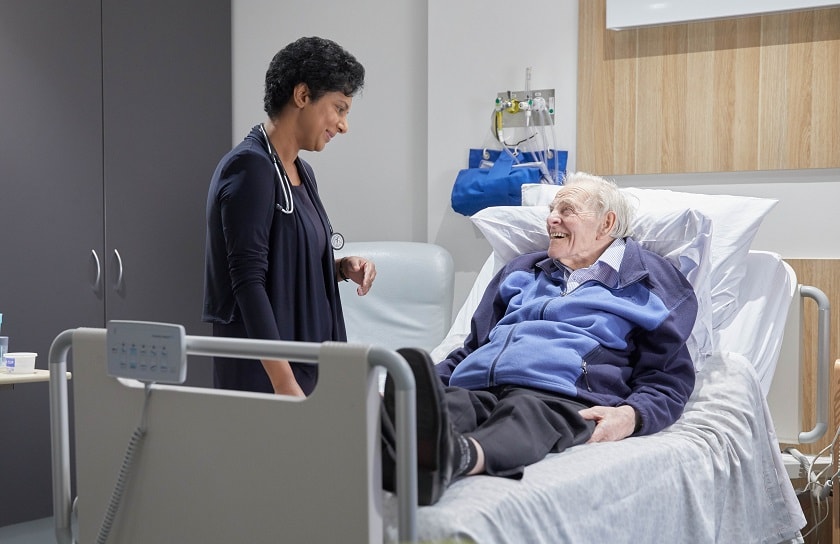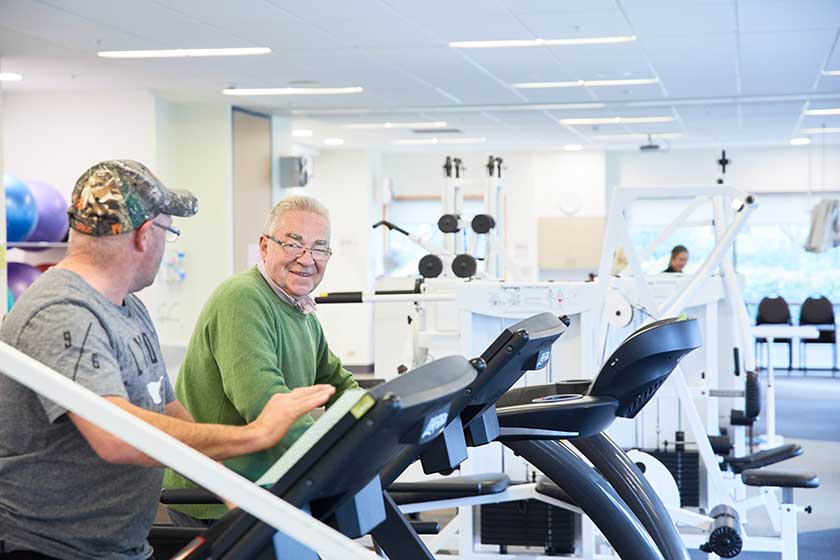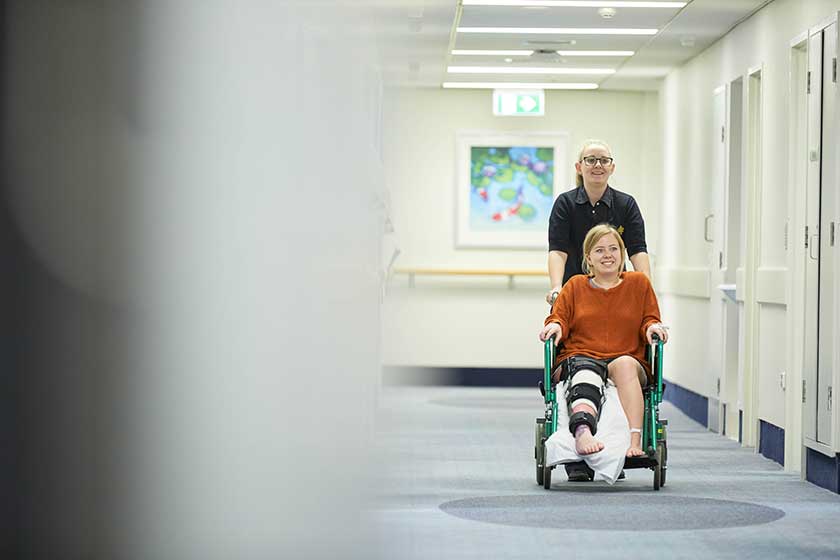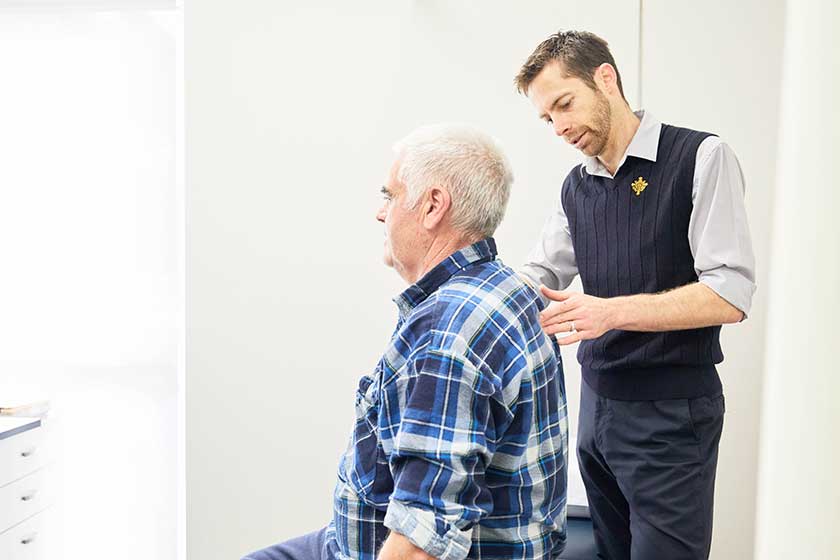The meniscus is a piece of tough, rubbery cartilage that is shaped like the letter ‘c’ and acts as a shock absorber between your shinbone and thighbone. When it is functioning correctly it allows your knee joint to complete a full range of motion from a straight leg at 0 degrees to about 135 degrees.
Ways you can injure the meniscus
Sports people who put extra pressure on their knees are most likely to experience a meniscus tear during:
- sudden twists
- sudden stops
- deep squatting
- heavy lifting.
However as the meniscus weakens with age, an injury can result from less forceful trauma in people over the age of 30 as the cartilage degenerates with time and becomes thinner.
Identifying a tear
Commonly, people hear a popping or tearing noise followed by pain and swelling in the knee joint area. You may find it difficult to move or put weight on your knee as you normally would.
Your doctor will perform a number of tests to confirm a meniscus injury including a physical examination of the area and imaging tests such as an MRI.
Treatment
Depending on the severity of your tear, your doctor will be able to make an assessment and recommend a treatment option that suits your particular needs. This can be non-surgical or in some cases a surgical option may be required.
Non-surgical options include ice, referral to a physiotherapist or anti-inflammatory medication.
When a surgical option is required, an orthopaedic surgeon can operate on the knee to repair or remove the tear via an arthroscopy. This technique involves the surgeon inserting a small camera into the knee to guide their tools in the procedure.
If you are concerned about a knee injury, you should speak to your General Practitioner (GP) who can refer you to an appropriate orthopaedic surgeon if required.
For a list of orthopaedic surgeons in your area visit sjog.org.au/specialists

